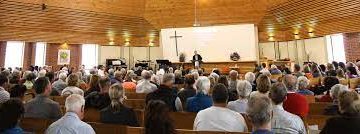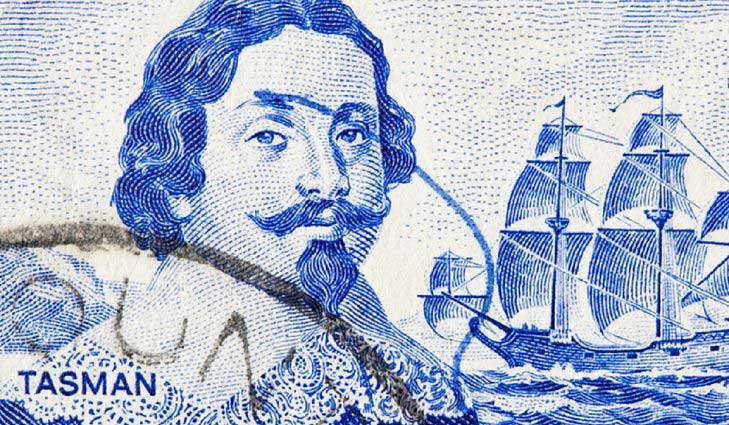Bram and I decided to emigrate to Australia, the land of milk and honey (not always) in November 1959. In February 1960 we got married, just after my twenty first birthday, and a few weeks later our application to go was approved. We were young and full of adventures. We did not know anybody in Australia to go to, so we were destined to go to the migrant camp in Bonegilla.
We travelled on the Johan van Oldenbarneveld, like so many others. Bram had started his working life as a 15 year old deck hand on an oil tanker, but this was different. We had our own cabin, recently renovated. There were 2 swimming pools, and fantastic food every day. Sadly, because of my seasickness I could hardly eat anything for four weeks. Bram’s seafaring experience, including a voyage to Australia in the merchant navy, meant he wasn’t bothered.
Our ship sailed via England and Italy to pick up more migrants. The whole trip took six weeks. In Port Said and Aden we went ashore for the day, with a firm warning to beware of pickpockets.
When we arrived in Fremantle we could again go ashore for the day. Our first stop was a butcher, then a baker, for some fresh food – as it happened, both shop keepers were Dutch. We went to Perth with the train – we remember it was very flat and the weather was lovely and warm.
When we berthed in Melbourne we were asked if we would like to go to Tasmania because they had a job vacancy for Bram as a mechanic. We decided to go because somebody said it was like paradise.
We arrived in Hobart by plane on a very cold night in May. We were supposed to move into a nice flat in Murray Street, North Hobart, but it was actually a bedroom and use of a kitchen. We had to buy some kitchen utensils because our cases had not yet arrived.
I said to Bram I wanted to go home straight away – the house was dirty and really a disaster. The next morning the sun came out and it looked so much better already. The people in the other flats were really nice.
Bram had to apply for another job because the job that had been offered was as a car mechanic for which he had no experience. We soon moved to Rosetta and I was a nanny to three small children whose mother had TB and was in a sanitorium. She was grateful that the children could stay at home.
Bram started work for the PMG after a small exam – his first jobs were to make telephone connections in private homes. He picked up his English very quickly, while I did correspondence lessons at home, and also learned a lot from the children.
When we left there in 1961 we had a job looking after twin boys Chris and Henk, had our first baby and moved to West Hobart. Bram started his job at the Fire Brigade in 1964 where he stayed until 1986. We had three more children and made lots of renovations and joined the Reformed Church in Bathurst Street, until they moved to Howrah.
Bram’s brother Herman and his wife Ria emigrated to Australia with four children in 1977. It was nice to have family here after 17 years. My parents had visited in 1972, and other family visited on a regular basis, but it was always just a visit.
After our children got married we decided the house was too big and decided to look for a house in Kingston. We moved about four times over the years before we finally came to rest in a retirement village. In Kingston we rejoined the Reformed Church in 2011. We were welcomed there and over the years were involved with volunteer work and helping where needed. Bram joined the Christian Mens Fellowship and enjoyed it very much.
We made a lot of trips to the mainland and went to some beautiful places. Bram passed away in 2016. We had our 56th wedding anniversary just before he died and that was so lovely. We have a lot of memories here and were very happy together.
Riet Vonk
(Bram and Riet also feature extensively in the annals of the Dutch Australian Society “Abel Tasman” Inc. as perpetual volunteers/committee members – ed.)


